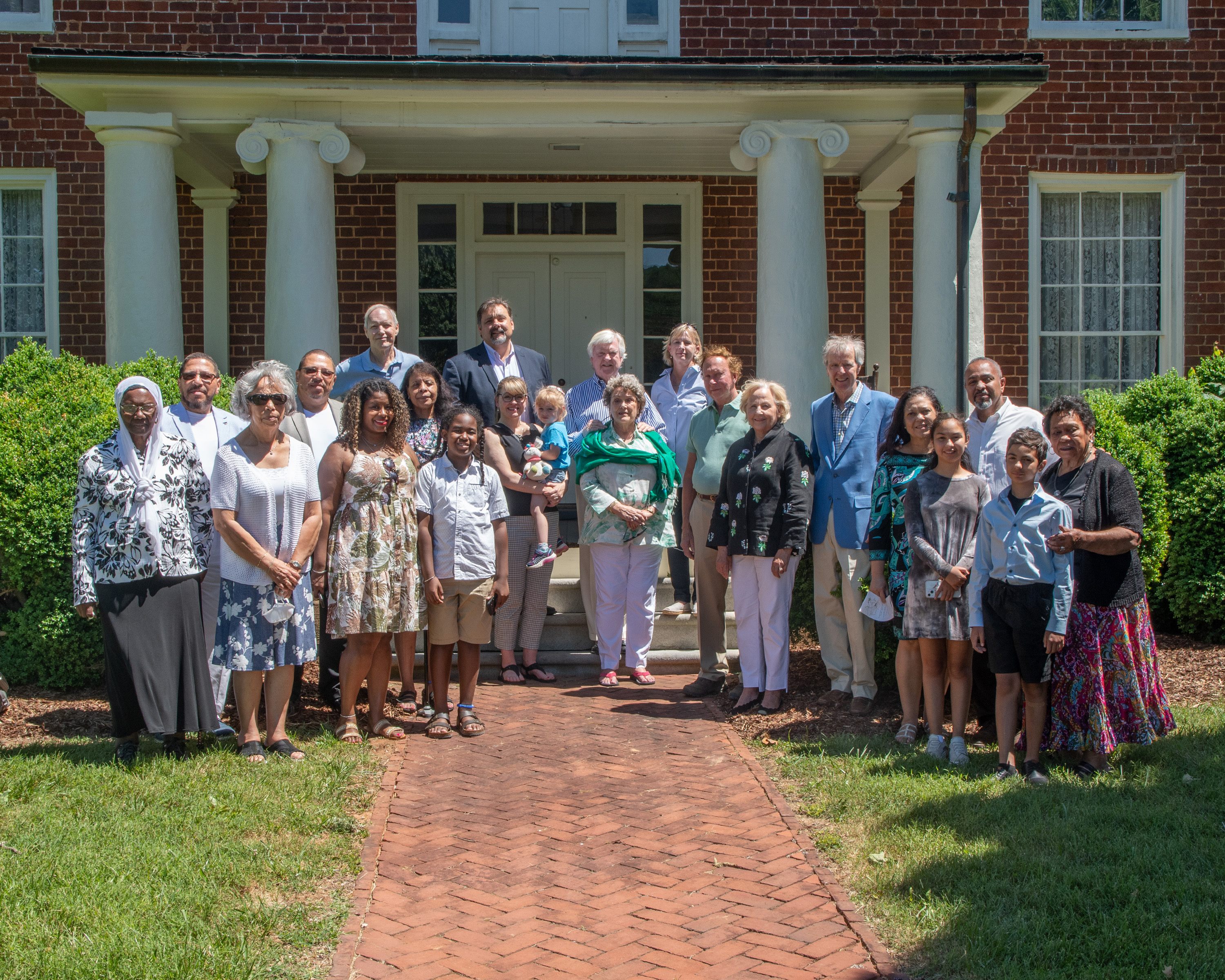History

The Reynolds Homestead was built in 1843 as the Rock Spring Plantation, in Critz, Virginia, by Hardin Reynolds, a successful farmer and tobacco manufacturer. In 1810, Abram Reynolds and Polly Harbour Reynolds, Hardin's father and mother, made their way west, starting a small homestead and gradually increasing their land hold. By 1825, Abram purchased 598 acres of land at the base of No Business Mountain and it was on this property the Reynolds Homestead was built.
Hardin and his wife, Nancy Jane Cox Reynolds, had 16 children, 8 of whom lived to be adults. Their oldest son, Major Abram David "A.D." Reynolds led a Civil War regiment at the age of 17. His son Richard S. Reynolds transformed the metals industry with his founding of Reynolds Metals.
Hardin and and Nancy's second son, Richard Joshua "R.J." Reynolds, established a tobacco empire in Winston-Salem, North Carolina.
The Reynolds Homestead has been designated a State and National Historic Landmark and is listed on the National Registry of American Homes.

The Reynolds family used enslaved labor on their plantation farm and in their home. A cemetery for the enslaved and their descendants is located on the property, and research has shown more than 60 graves, most marked only with field stones.
Research continues on the lives of the African Americans at Rock Spring. The life of one member of the enslaved community, Kitty Reynolds, is an important story in the history of Rock Spring Plantation. After emancipation, she maintained ties with the family. In 1878 when two of her sons were charged with the murder of a white man, they were defended by Andrew Lybrook, son-in-law to Hardin and Nancy. This case led to one of Virginia's U.S. Supreme Court civil rights cases - all persons charged with a crime had the right to be judged by a jury selected without discrimination.
In 1970, Nancy Susan Reynolds, daughter of R.J. Reynolds, deeded the home and 717 acres to Virginia Tech. A Community Engagement Center and Forestry Research Center were established and continue to serve the region.
The historic home is open for tours from 1 –4 p.m. on Sundays from April through October. Tours during other times of the year can be scheduled by calling (276) 694-7181.
Featured stories
Page 1 of 2 | 5 Results
Rock Spring Plantation Oral History Project
Oral histories share the voices and stories of descendants of the men, women, and children who worked and lived at the Rock Spring Plantation. By listening to their memories, we can better understand the past and carry these stories forward for future generations.




